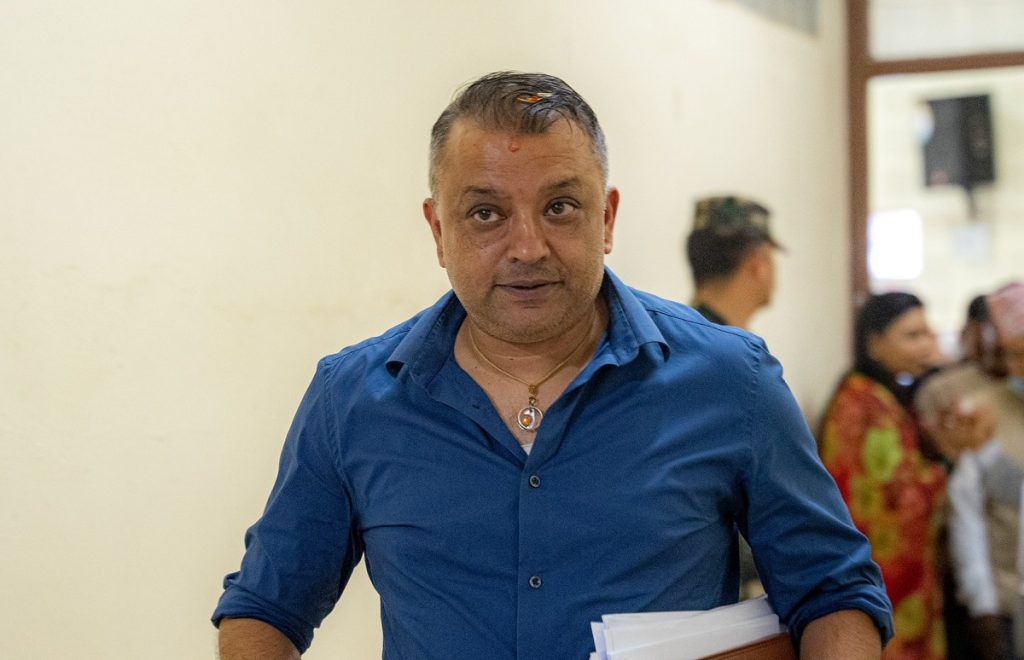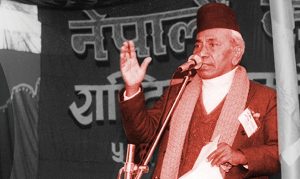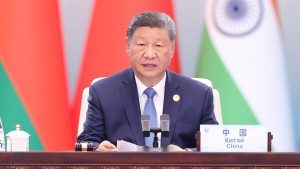Kathmandu — Nepali Congress General Secretary Gagan Thapa has proposed sweeping organizational reforms to bring young members into the party’s central leadership. His plan calls for the mandatory inclusion of members under 30 years of age in the Central Committee.
The proposal, presented during a recent Central Committee meeting, outlines several key points for constitutional amendment. Among them are simplifying the membership process, introducing a new candidate-recommendation system, and ensuring that leadership selection directly reflects the will of grassroots members.
“The Nepali Congress must undergo both structural and policy reform to meet the demands of a new era,” Thapa said. He added that a fundamental restructuring is needed to guarantee meaningful representation of Gen-Z and young members in the party’s decision-making process.
Reform Proposal and Youth Inclusion Model
At the November 4 (Kartik 18) meeting, Thapa formally proposed forming a Statute Amendment Drafting Committee. He urged the Central Working Committee to take immediate action under Article 22(2) of the party charter so that reforms could be implemented before the next General Convention.
Thapa emphasized, “The party must not wait until the General Convention to make these changes. To ensure genuine youth participation in upcoming elections and organizational processes, Congress must build an inclusive and efficient structure from the ground up.”
His proposal further insists that all leadership positions—from the ward level to the central level—should be elected strictly from lower-level representatives. The new provision would make it mandatory for a fixed percentage of members under 30 to be represented at every level of the party.
Thapa also recommended strengthening sister and well-wisher organizations, clearly defining responsibilities between provincial and central committees, and introducing a primary-based candidate-selection system to enhance internal democracy.
Under Thapa’s model, active party members at the local level would prepare a priority list of potential candidates within their constituencies. This list would then serve as the primary basis for final candidate selection by the party’s authorized bodies.
“The future of the Nepali Congress depends on its youth,” Thapa said. “Only by transforming both the structure and the mindset of the organization can we institutionalize the energy and vision of a new generation.”






